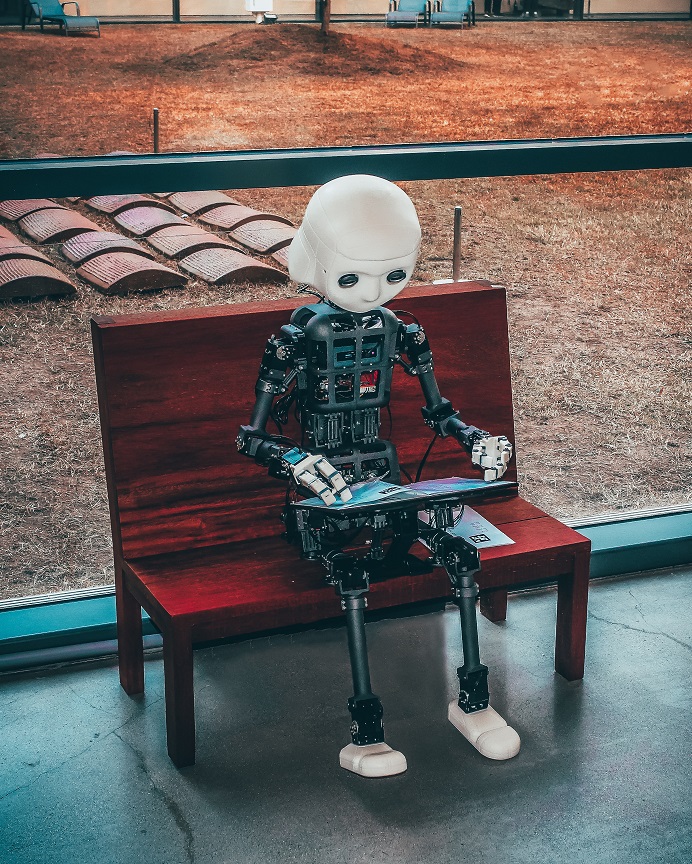Artificial intelligence (AI) has emerged as a revolutionary force, transforming industries and reshaping the way we live, work, and interact. With a diverse range of AI models and applications, from powerful language models like GPT-3 to intelligent chatbots, the impact of these technologies is felt across numerous domains. Let’s delve into the transformative power of various AI models and applications and explore how they are shaping our world.
- GPT-3: Language Mastery Unleashed GPT-3, or Generative Pre-trained Transformer 3, is a language model that has garnered significant attention for its astonishing ability to generate human-like text. This breakthrough technology has applications in content creation, translation, customer support, and more. GPT-3’s language mastery opens doors to automated content generation, empowering writers, marketers, and creators with creative suggestions and time-saving assistance.
- Chatbots: Revolutionizing Customer Interactions Chatbots have revolutionized customer interactions, offering efficient and personalized support across various industries. These AI-powered virtual assistants leverage natural language processing to understand and respond to customer queries, providing round-the-clock assistance. Chatbots enhance customer experiences by streamlining processes, reducing wait times, and resolving common issues, all while freeing up human agents to tackle more complex tasks.
- Computer Vision: Seeing the Unseen Computer vision, enabled by advanced AI algorithms, has unlocked the ability to extract information from visual data. From facial recognition to object detection, computer vision finds applications in industries such as security, healthcare, and retail. It allows for real-time monitoring, medical imaging analysis, autonomous vehicles, and immersive augmented reality experiences, transforming how we perceive and interact with the world around us.
- Recommendation Systems: Tailoring Experiences Recommendation systems powered by AI algorithms are changing the way we discover products, services, and content. Whether it’s personalized movie recommendations on streaming platforms or tailored product suggestions on e-commerce websites, these systems analyze vast amounts of user data to provide personalized and relevant recommendations, enhancing user satisfaction and driving engagement.
- Autonomous Vehicles: Shaping the Future of Transportation The development of autonomous vehicles has the potential to revolutionize transportation as we know it. AI plays a pivotal role in enabling self-driving cars to navigate complex environments, make split-second decisions, and improve road safety. With AI algorithms, these vehicles continuously learn and adapt to their surroundings, offering the promise of reduced accidents, improved traffic flow, and enhanced accessibility.
- Healthcare Innovations: Advancing Patient Care AI models and applications have brought significant advancements to the healthcare industry. From diagnosis to personalized treatment plans, AI assists healthcare professionals in analyzing medical images, detecting patterns in patient data, and predicting disease outcomes. AI-powered systems enable more accurate diagnoses, optimized treatment options, and improved patient care, ultimately saving lives and improving outcomes.
- Fraud Detection: Safeguarding Financial Systems AI models and algorithms have proven instrumental in detecting and preventing fraud in financial systems. Machine learning techniques analyze large volumes of data to identify suspicious patterns and anomalies, enabling early detection and mitigation of fraudulent activities. By minimizing financial losses and protecting individuals and institutions from cyber threats, AI contributes to the security and stability of financial ecosystems.
As AI models and applications continue to evolve, it is essential to address ethical considerations and ensure responsible use. Transparency, fairness, and accountability must be at the forefront of AI development to build trust and avoid unintended consequences. Striking a balance between human oversight and AI capabilities is crucial to harnessing the full potential of these technologies.
In conclusion, various AI models and applications have revolutionized industries and everyday life, reshaping how we work, communicate, and experience the world. From language models like GPT-3 to intelligent chatbots, computer vision, recommendation systems, autonomous vehicles, healthcare innovations, and fraud detection, the transformative impact of AI is evident. By embracing these technologies responsibly and fostering ongoing innovation, we can unlock their full potential and create a future where AI enhances human lives and drives societal progress.



